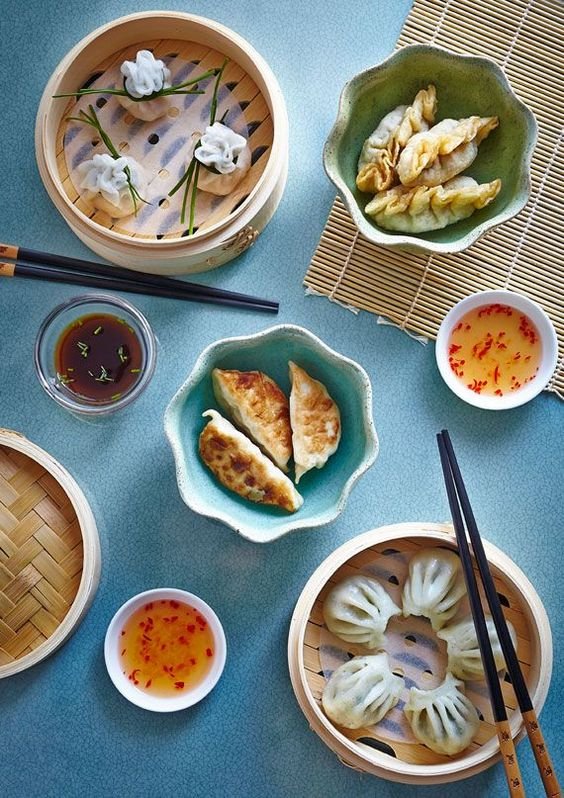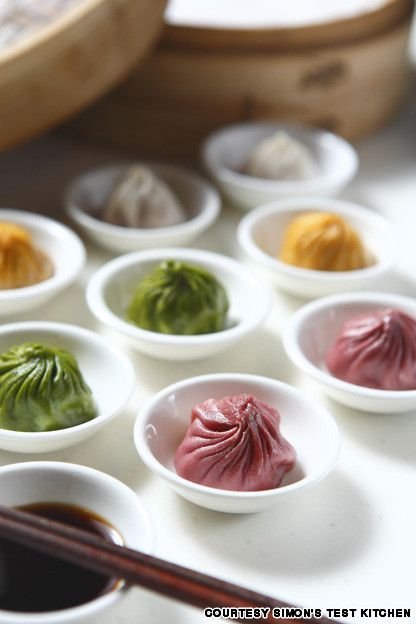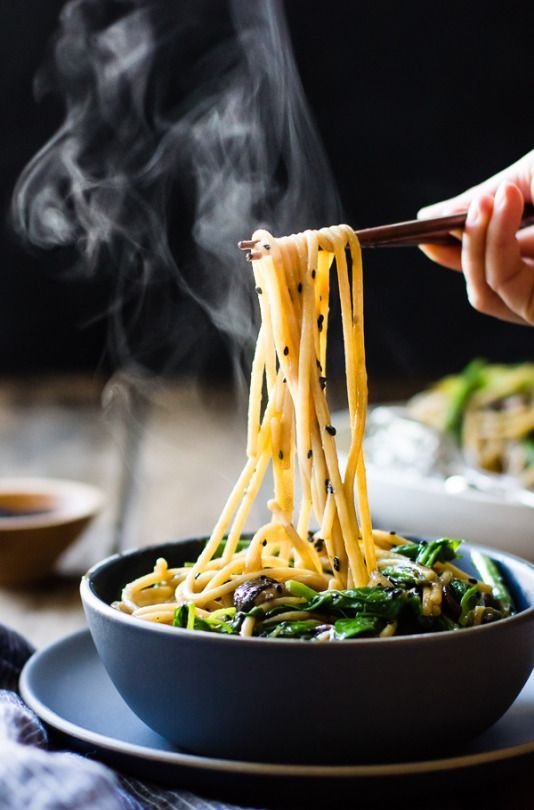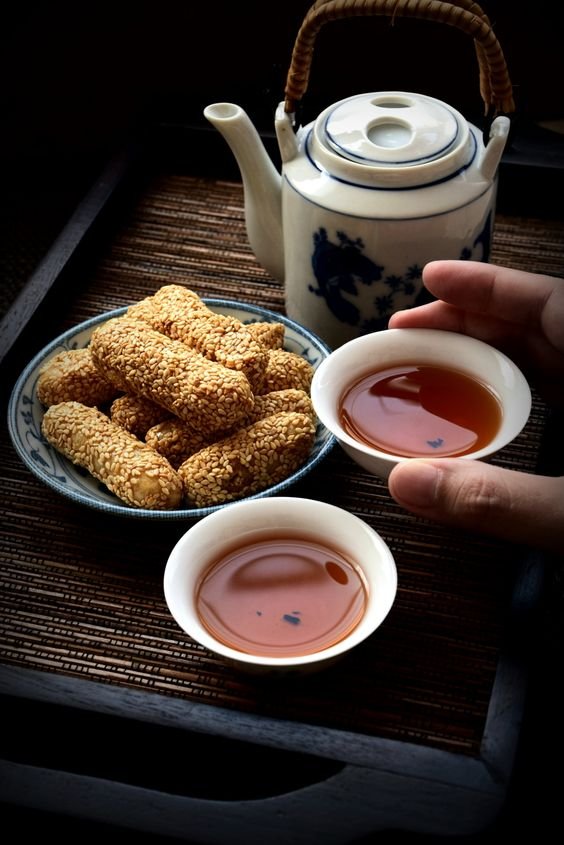
Chinese foods came from different regional cuisines: Sichuan laziji to the west, Jiangsu xiaolongbao to the east, Cantonese rice noodle roll to the south and Peking duck from Shandong to the north.

Chinese cuisine is very diverse, drawing on thousands of years of culinary history and geographical variety, the most influential of which are known as "Eight Great Kitchens": Sichuan, Cantonese, Jiangsu, Shandong, Fujian, Hunan, Anhui and Zhejiang. . All are characterized by the precise skills of shaping, heating, colors and aromas. Chinese cuisine is also known for the breadth of its cooking methods and ingredients, as well as for the food therapy highlighted by traditional Chinese medicine. Generally, China's staple food is rice in the south, breads and noodles made from wheat in the north.

The diet of the common people in the pre-modern era was largely cereals and simple vegetables, with meat reserved for special occasions. And bean products, such as tofu and soy milk, remain as a popular source of protein. Pork is now the most popular meat in China, accounting for about three-quarters of the country's total meat consumption. While pork dominates the meat market, there is also pork-free Buddhist cuisine and Chinese Islamic cuisine. The southern cuisine, due to the proximity of the area to the ocean and a milder climate, has a great variety of seafood and vegetables; it differs in many respects from the wheat-based diet in northern dry China. Many branches of Chinese cuisine, such as Hong Kong cuisine and Chinese Chinese cuisine, have appeared in countries that host the Chinese diaspora.

There are still many things
I did not talk about her
- This country is very beautiful